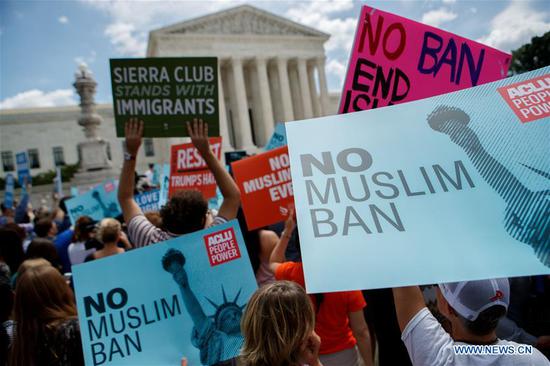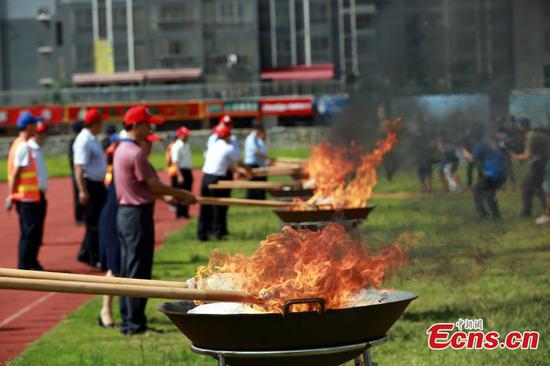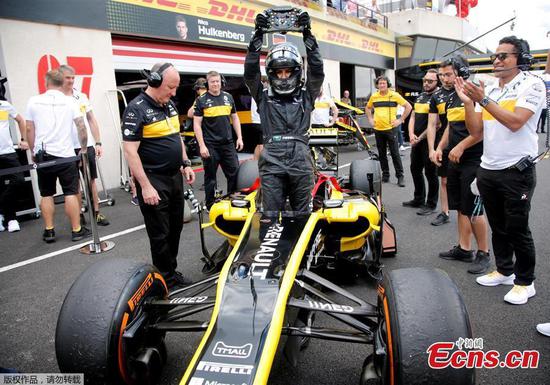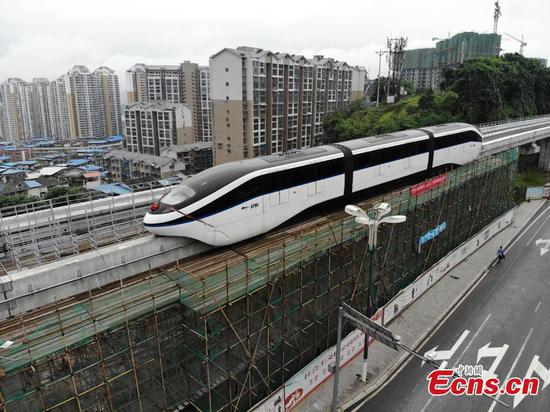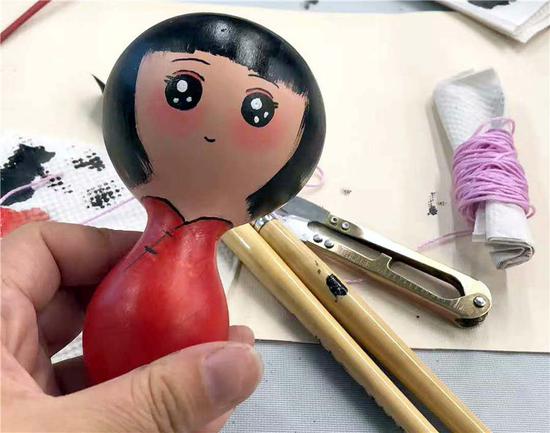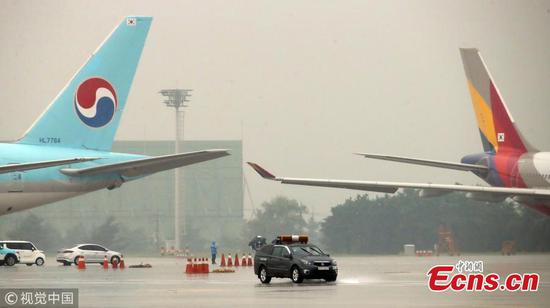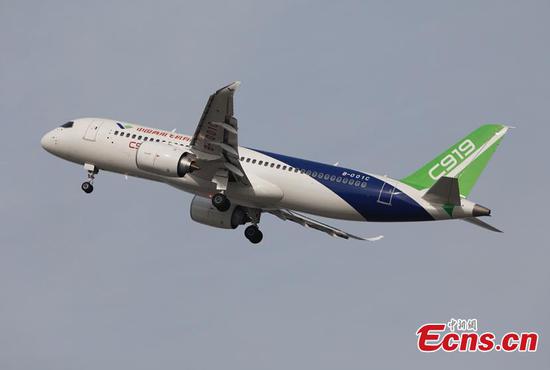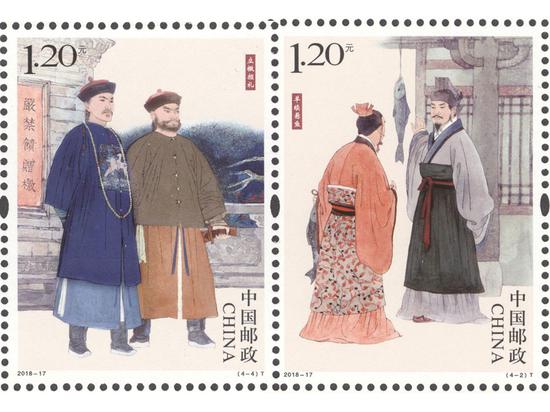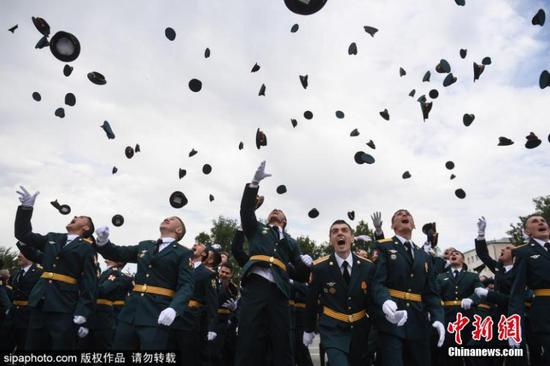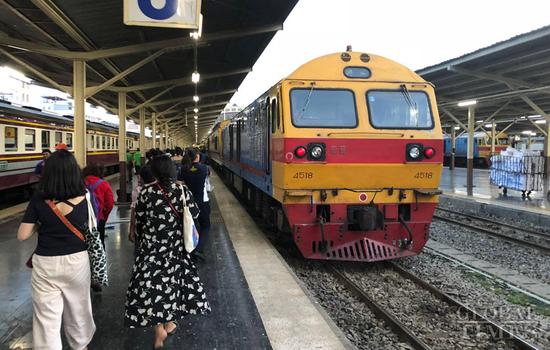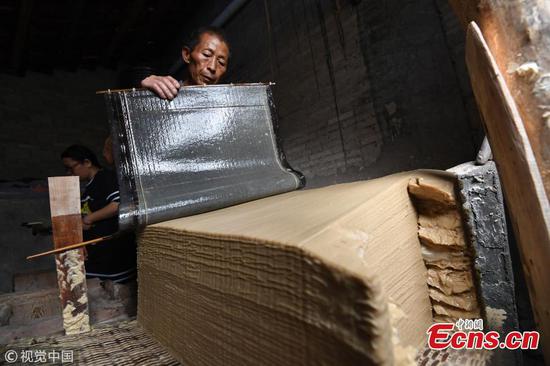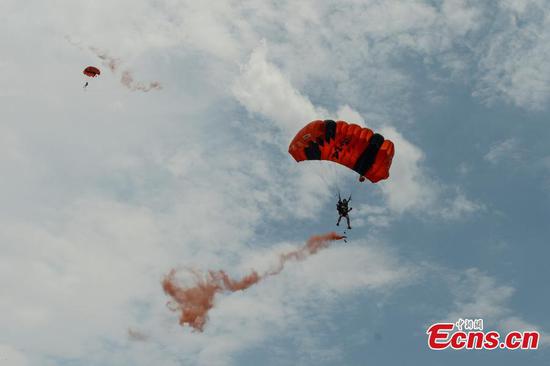U.S. motorcycle maker Harley-Davidson's decision to shift part of its production away from the United States to avoid punitive European Union tariffs has been criticized by President Donald Trump but sympathized with by others.
Harley-Davidson said the EU tariffs introduced on June 22 would add an average $2,200 to the cost of each bike exported to Europe from the U.S., as the import tariff has jumped from 6 percent to 31 percent.
The EU tariff was in retaliation for the 25 percent U.S. tariff on steel and 10 percent on aluminum in the name of national security.
Harley-Davidson described the cost spike from the EU tariffs as a "substantial" burden.
It said the tariffs make shifting production "the only sustainable option to make its motorcycles accessible to customers in the EU and maintain a viable business in Europe".
The company said it would raise investment in its international plants but it did not say which ones, adding that it expected the increase in production to take nine to 18 months.
The Milwaukee, Wisconsin-based company has assembly plants in the U.S., Australia, Brazil, India and Thailand.
Harley-Davidson said it planned to absorb those tariff costs rather than pass them on to customers and risk damaging sales. The company sold some 40,000 motorcycles in Europe last year.
Trump tweeted on Monday that he was surprised the company had become "the first to wave the white flag", adding that, "I fought hard for them."
AshLee Strong, a spokeswoman for House Speaker Paul Ryan, a Republican of Wisconsin, said on Monday that Harley's decision is "further proof of the harm from unilateral tariffs".
"Harley-Davidson is brave to tell Americans the practical consequences of Trump's tariff wars," said Gary Hufbauer, a nonresident senior fellow at the Peterson Institute for International Economics and U.S. deputy assistant secretary for international trade and investment policy of the U.S. Treasury Department from 1977 to 1979.
Hufbauer called the tariff wars "bad for U.S. jobs" and "bad for American households".
"Many companies will do the same, but quietly," he told China Daily on Tuesday.
Wayne Morrison, a trade specialist at the U.S. Congressional Research Service, said the Harley-Davidson decision shows that "trade wars are not easy to win, after all".
"Protectionist measures to save jobs in some sectors will cost many jobs in other sectors, and that tit-for-tat trade retaliation will ultimately undermine the global economy," he told China Daily.
The EU, China, Canada and Mexico and several others have all retaliated against the U.S. steel and aluminum tariffs under the U.S. Trade Expansion Act of 1962. They filed complaints against the U.S. at the World Trade Organization.
U.S. manufacturers in a wide-range of industries have voiced their complaints that the tariffs would increase the costs of the metals they rely on and dampen their competitiveness by raising prices.










